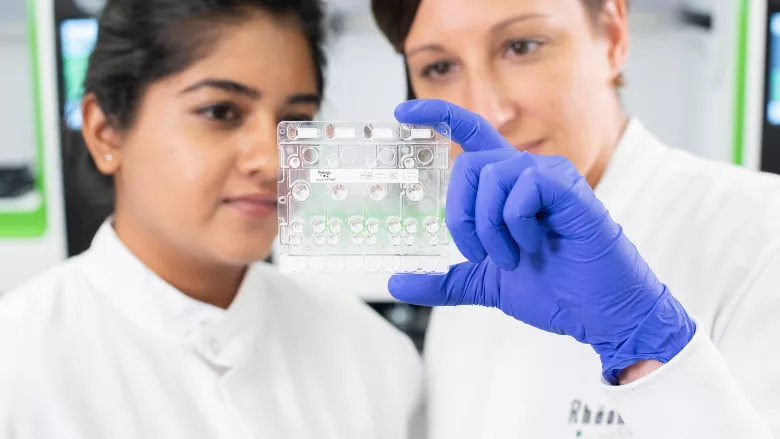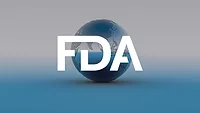BIZTRACKS
Rheonix Develops Fully Automated Cyclospora Test in Collaboration with FDA

Image credit: Rheonix
Rheonix Inc., a manufacturer of microfluidic workstations and assays for molecular testing, announced that it has completed development of a fully automated test for the detection of Cyclospora cayetanensis in food and environmental samples. The development was conducted in collaboration with scientists at the Office of Applied Research and Safety Assessment (OARSA) within the Center for Food Safety and Applied Nutrition (CFSAN) of the Food and Drug Administration (FDA).
The assay is based on genetic targets published by FDA, and is processed using Rheonix reagents and consumables on the Rheonix Encompass Optimum™ workstation. The fully automated method enables detection of low levels of Cyclospora cayetanensis, saving approximately four hours of hands-on time per 24-sample run compared with the existing workflow.
C. cayetanensis is a protozoan parasite that causes cyclosporiasis, a human diarrheal disease. Cases of cyclosporiasis have been observed in the U.S. since the 1990s and have historically been associated with imported fresh food or international travel. During the 2018 cyclosporiasis outbreak investigations, it became clear that produce grown in the U.S. could also be at risk for Cyclospora contamination, and over 8,000 domestically acquired cases of cyclosporiasis have been identified since 2018. Illnesses and outbreaks caused by C. cayetanensis are associated with the consumption of fresh produce such as herbs, berries, and leafy greens.
The FDA-Rheonix Research Collaboration Agreement (RCA) was established in February 2023 to rapidly develop, test and validate a fully automated screening assay that can detect low levels of C. Cayetanensis in fresh produce, soil and surface agricultural water. The goal of the collaboration is to provide a validated automated method to rapidly and accurately identify contaminated samples, which will advance FDA’s ability to screen food and environmental samples for traceback and for risk assessment of agricultural practices and regions. The OARSA team, with assistance from the Rheonix team, will validate the assay on a range of food and environmental sample types.
Looking for quick answers on food safety topics?
Try Ask FSM, our new smart AI search tool.
Ask FSM →








